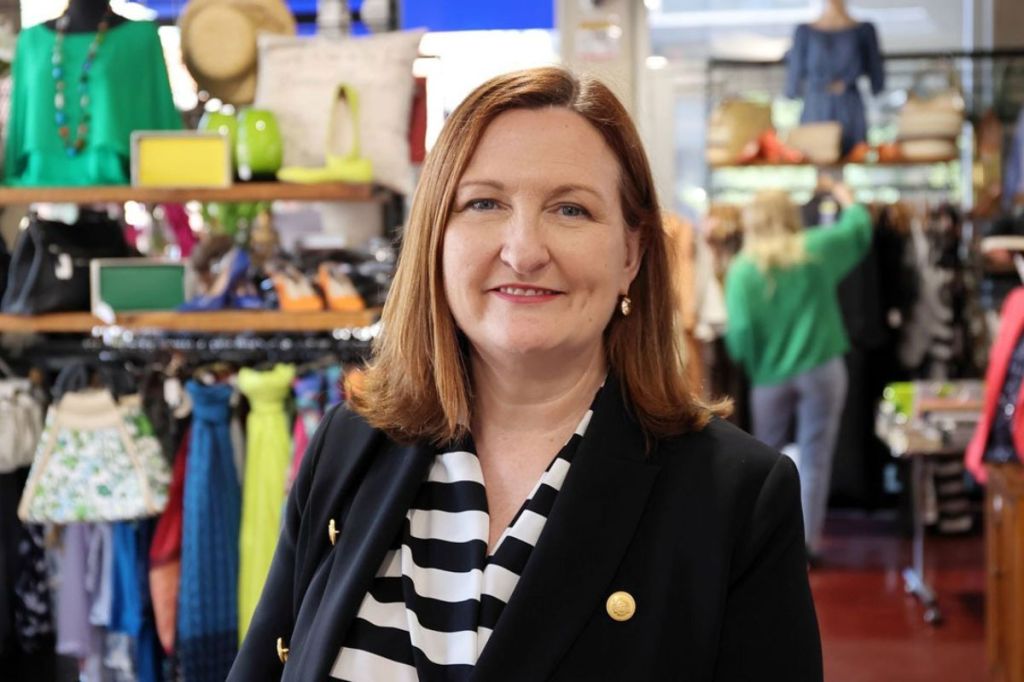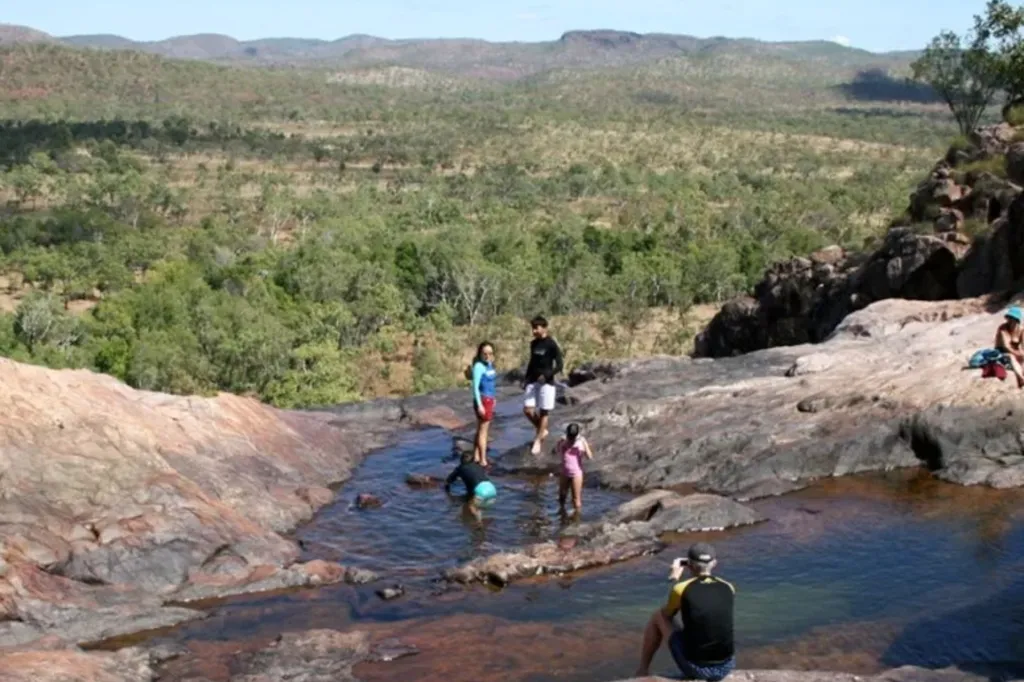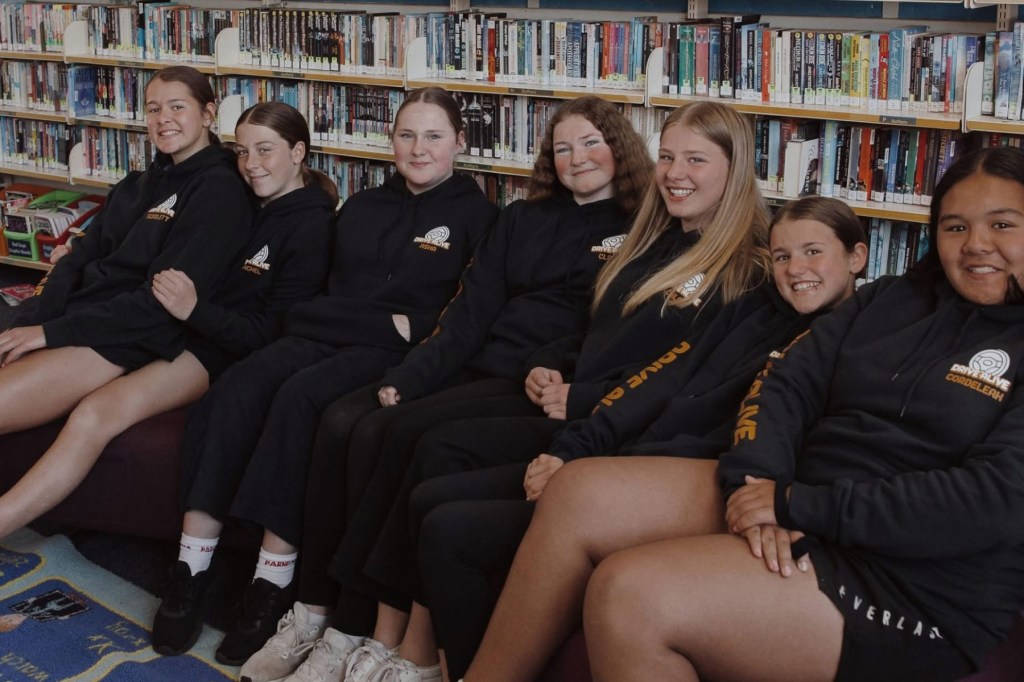Influenced: How politics intersected with social media this week
This is the influence content creators had on the federal election campaign trail this week through promoting a new ballot-building tool, urging followers in a marginal Queensland seat to vote Dutton out and our video of the week.

Could influencers urge Dickson to ditch Dutton?
Opposition Leader Peter Dutton holds Queensland’s most marginal seat in the electorate of Dickson, north-west of Brisbane and the latest polling shows he may struggle to cling onto it.
While some political commentators say Dutton is safer in that seat than he was at the 2022 election, when Albanese was at the height of his popularity, could a strong influencer push tip the scales?
Cheek Media’s Hannah Ferguson has made videos about Dutton’s potential loss of his seat, Chatfield made a 25-minute podcast episode about the possibility and a dedicated TikTok account to the cause, named “Get the Dick out of Dickson” has garnered 671,000 views on a pinned post with the claim.
Ferguson, who has said on multiple occasions that she invited Dutton on her podcast and he did not accept, also sells t-shirts through Cheek Media that read “Good Morning to Everyone Except Peter Dutton”. She’s shared images of her followers in Dickson wearing the tees, and said they’re a best seller.
Neither Ferguson nor Chatfield lives in the seat of Dickson, so their votes cast won’t specifically be able to dethrone the Opposition Leader, but is the discourse enough to reach those that can?
You might like
Gen Z’s Vote Compass
A charity group called Project Planet, which is focused on helping Australians better understand climate change, has created a tool called Build a Ballot for voters to design their own how-to-vote cards to take with them into the polling booth.
The tool went live last week and has received support from Ferguson in promoting it, along with praise from The Juice Media and Crikey’s Cameron Wilson. As of April 20, 35,000 people have used the tool, with the most coming from Victoria’s electorate of Cooper, followed by Victoria’s seat of Will’s and South Australia’s seat of Adelaide coming in third.
This is the first tool of its kind that breaks down individual candidates, including independents and minor parties electorate by electorate.
The ABC’s Vote Compass, a tool developed by political scientists to help explore how your views compare to parties and candidates, is the predominant voter tool in this space. It shows where your views sit on a matrix of the political spectrum compared to parties. However, Build a Ballot is electorate specific, designed for voters to take into the polling booth with them, and is targeted at Gen Z and Millenial voters and voters opting for placing independent and minor candidates above the major parties.
Users select their electorate and answer a series of questions about policies like energy bill rebates and housing. Then, Build a Ballot will recommend candidates in your electorate that best match your responses, showing a percentage that your answers align with your candidates.
There’s a note section and links to candidate websites so you can do your own research and add thoughts that will help you decide how to cast your vote. You can also move the interactive ballot and order your preferences.
Stay informed, daily
PM’s Podcast Strategy Revealed
Prime Minister Anthony Albanese has been on the podcast circuit, including spots on Abbie Chatfield’s It’s a Lot, Hannah Ferguson’s Big Small Talk and the Betoota Advocate’s Betoota Talks.
In more proof that the ALP are investing in new media to reach disengaged young voters, the ABC revealed that podcast company Diamantina Media, associated with Betoota, was quietly contracted to run the “new media” strategy.
Diamantina Media, the company behind the satirical news publication Betoota Advocate, is one of the largest independent podcast networks in the country, with more than 60 different shows under its umbrella.
It was specified that no money was paid to content creators for the podcast appearances, something that was previously questioned and then cleared about Albanese’s appearance on It’s a Lot.
Video of the week
Our video of the week is from SBS’ The Feed, to promote an influencer debate they’ve hosted, recognising the impact of young political commentators, many of whom have been featured in this column.
On one side of the debate, they’ve teamed up Konrad Benjamin (known online as Punter’s Politics), Cheek Media’s Hannah Ferguson and Abbie Chatfield.
On the other, Menzies Research Centre’s Freya Leach, Turning Point Australia’s Joel Jammal, and Centre for Independent Study’s Trisha Jha.
The video is a teaser of the debate, showing the teams discuss Australia’s housing crisis.
Leach criticises the opposite side as being “fatalistic” about the housing market, while Chatfield, who previously worked as a property analyst, admits she is part of the problem as a landlord and supports ending negative gearing.
The full debate is due to be released on YouTube this week, but we’ve already seen behind-the-scenes tensions play out among the influencer’s own channels.
Leach made a TikTok video criticising her debate rivals, calling Benjamin a “one trick pony” and Chatfield as having “no idea what she was talking about” which was stitched by Chatfield and Benjamin, who called Leach a mean girl.
This TikTok and Reel warfare isn’t unlike the personal political attack ads legitimised through letterbox drops and billboards. But when the influencers do it – particularly the women – given they’re already fighting the mainstream media for a place in commentating on the election, does it delegitimise them?







